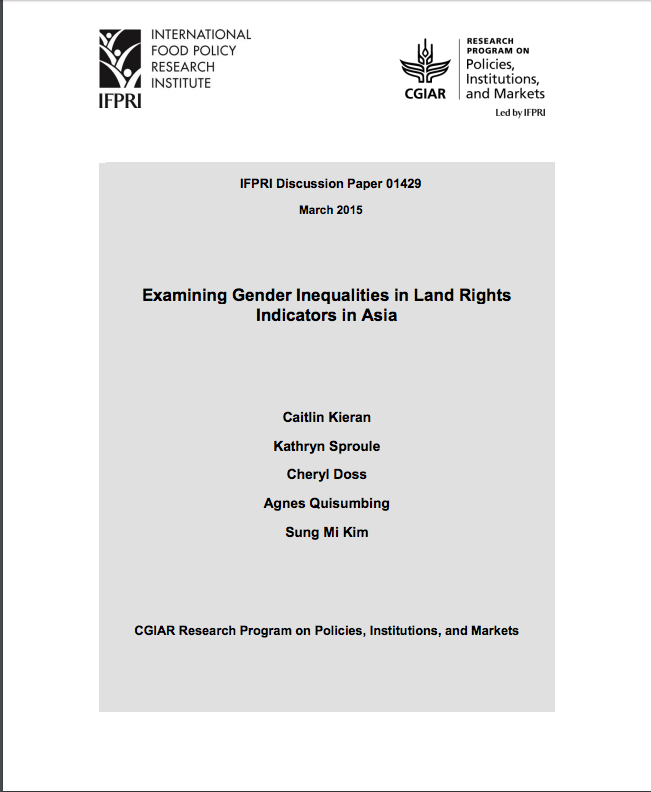The effects of political reservations for women on local governance and rural service provision
"In 1993, India introduced quota-based political reservations for women in rural areas with the objective to promote gender equality in human development by making rural service provision and local governance inclusive and responsive to the needs of women. Recent evidence shows that reservation policies for women (1) stimulate the political participation of women in rural areas, (2) shift rural service provision to public goods that reflect gender preferences, and (3) improve the access to and the quality of public services.


